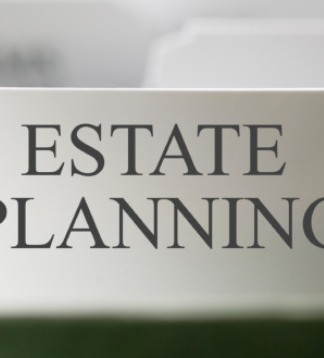There are three big goals that people most often see a financial planning consultant in regards to, according to Richard Cayne of Meyer International. These are: funding your retirement, your children’s education and purchasing a home. In this three-part series of posts, we will tackle each of these goals, the questions you need to ask of yourself and those to ask of your financial planner in order to take the best steps toward reaching the three big financial goals.
Questions to Think About with Regards to Buying a Home:
Down Payments
According to Richard Cayne, financial planning consultant at Meyer International, the best thing for you and your finances is to be able to purchase any home or other real estate you’d like to own outright. That is, without a loan or mortgage of any kind. This way, you have peace of mind, security and pay less for the property since you aren’t paying any interest. Though depending on the rate you are able to obtain it may make sense to take a loan if you can achieve a higher return from your investments over the loan rate.
The reality is this, with regards to down payments on a mortgage for your dream home:
“From an early age, you’ll want to be saving for a house, or at least for the down payment for a property. Let’s say you have your eye on that $800k, 4-bedroom house in the desirable town or neighborhood. You’ll likely need $150-200k deposit for the bank to even consider making a loan to you,” said Richard Cayne.
Monthly Installments
Seeing an amazing home that you’d love to raise your family in may start your inner calculator running. You may start trying to figure out how much you can afford for a down payment and how much you can stretch your monthly budget to make the payments. Many people also try to figure in for the money they expect to be making in 2, 3 or 5 years’ time from bonuses, work promotions or the like.
Before you start spending every dime in the bank before you’ve even earned it, remember this rule of thumb: In order to live comfortably, your rent or mortgage should not exceed 25% of your monthly income. This leaves you plenty of wiggle room for unexpected expenditures, entertainment and savings. As it turns out, you need most of that wiggle room to be financially “fit.”
Seeing the Full Financial Picture
Don’t let that dream villa or amazing brownstone fog your financial glasses. Those French doors aren’t going to pay for your child to attend a top-notch university!
Remember that, as much as you love a house, it is not the only big-ticket item on your financial shopping list. Your children’s educations and your own precious retirement might be further down the line but you don’t want to brush them aside in favor of the first goal. Remember, healthy finances are a marathon that should last your entire life, not a sprint that ends at the front door of your new home.
Before you sign that mortgage, be sure that your income can sustain the bank payments plus the payments into your retirement and child education accounts.
Whatever the number you need to have in the bank to buy, mortgage and pay for that dream home, a certified financial planner can sit down with you and help you figure out how to reach it.
For further information about buying real estate and other investment topics, Richard Cayne and Meyer International can be reached at (+66) 02 611 2561














